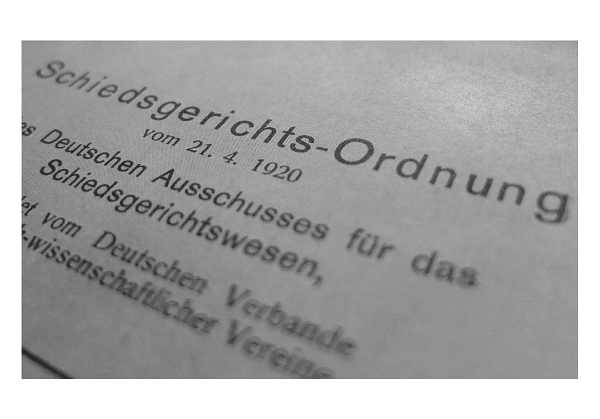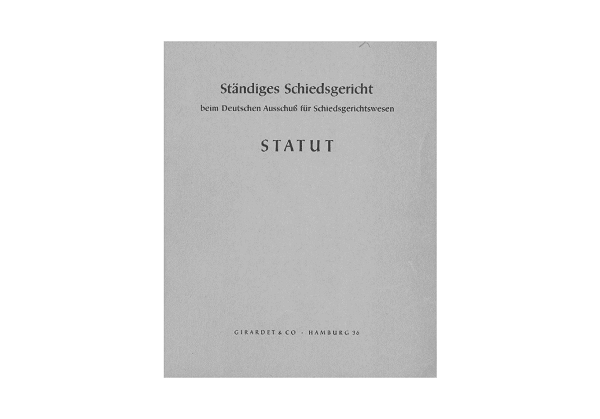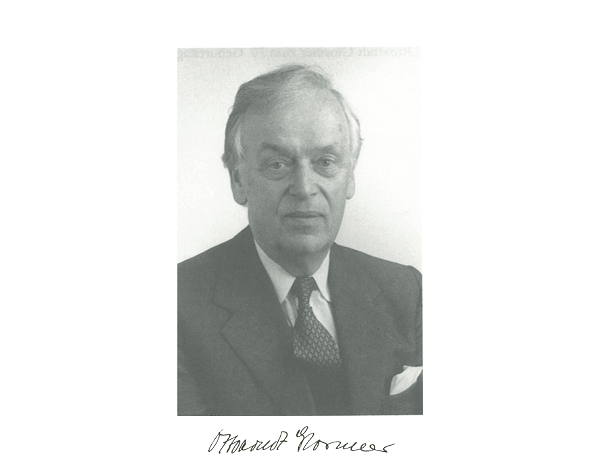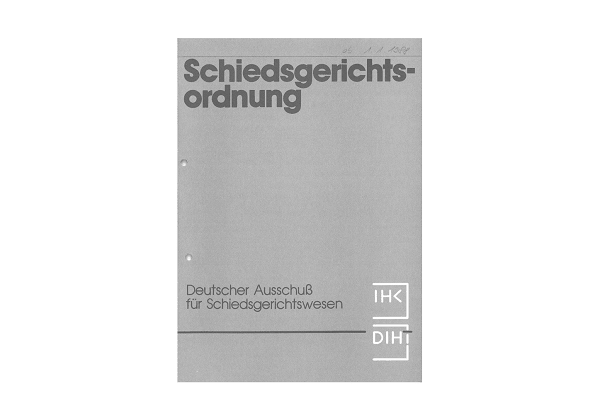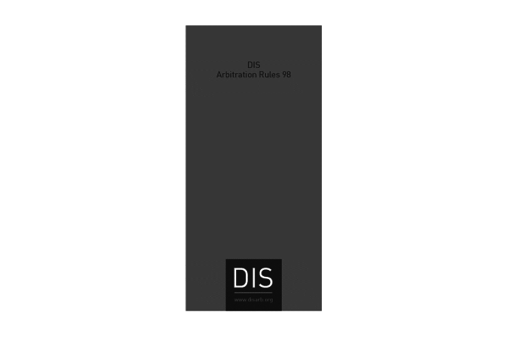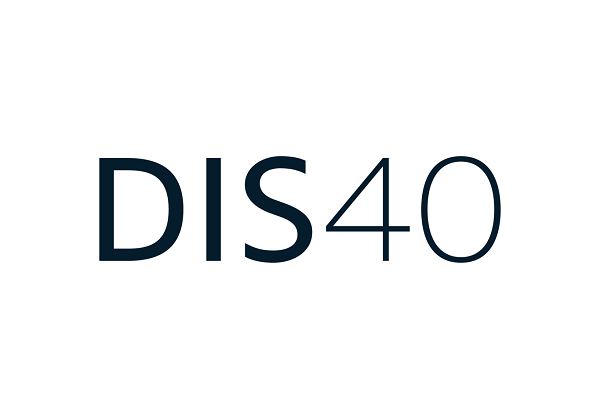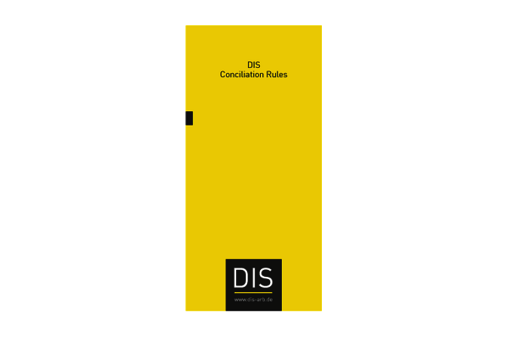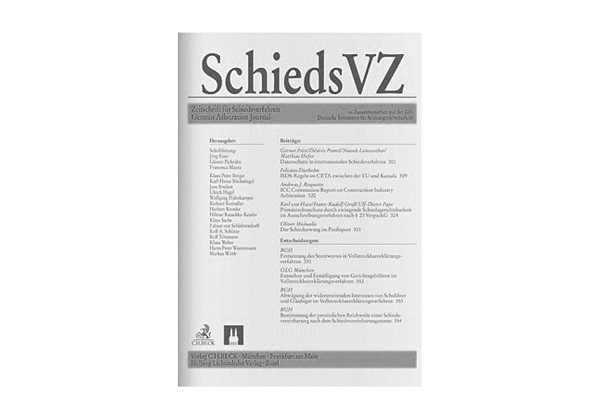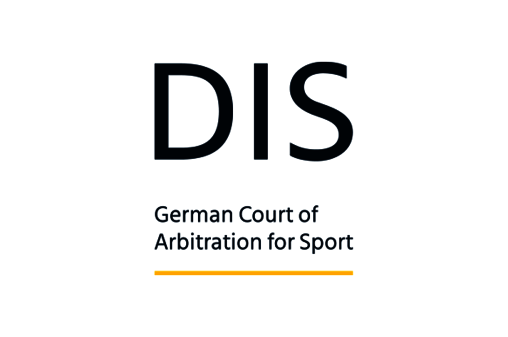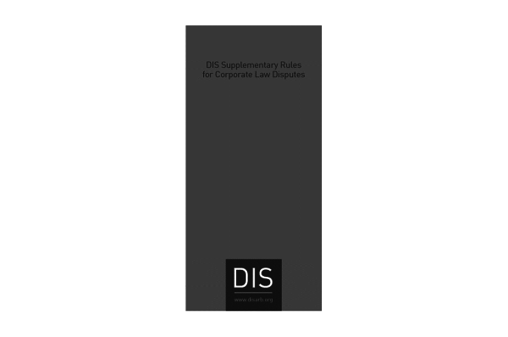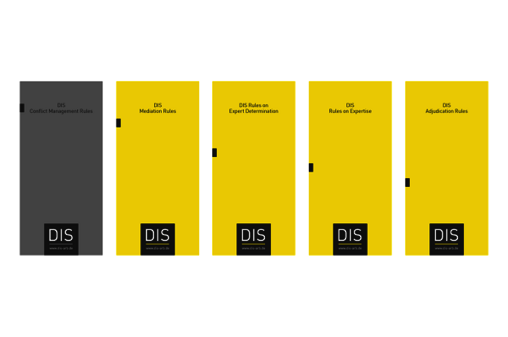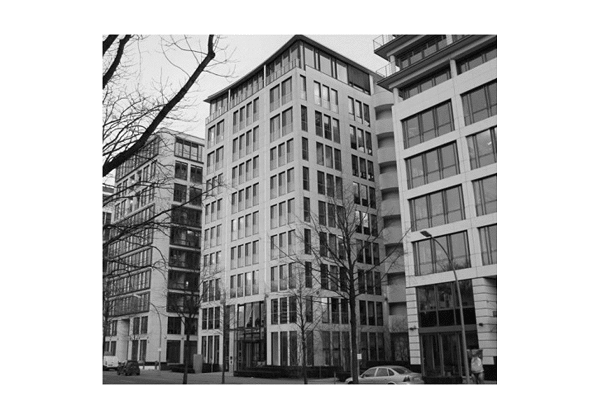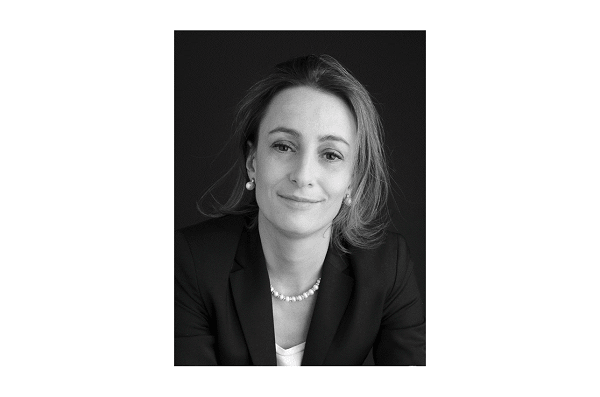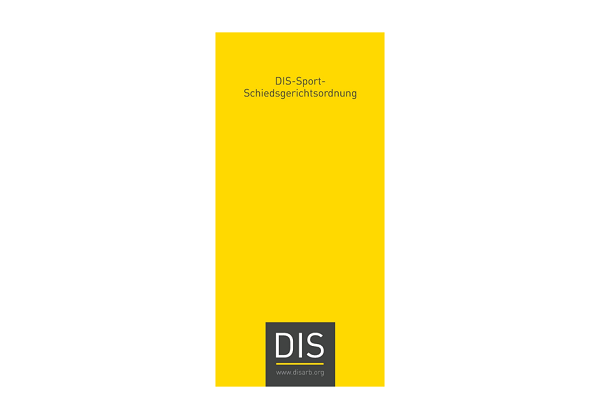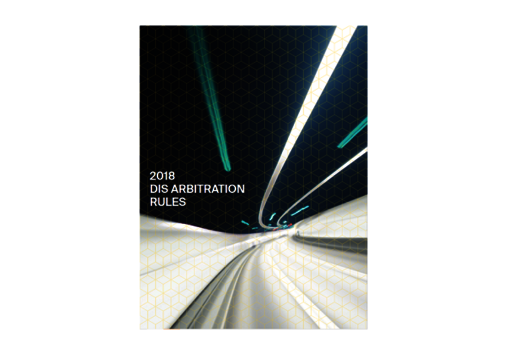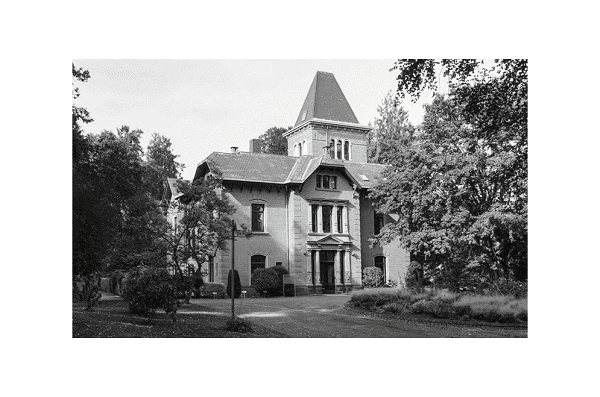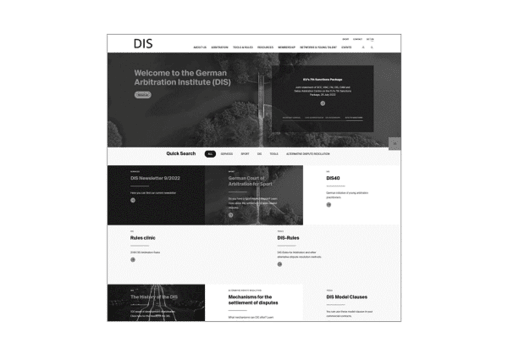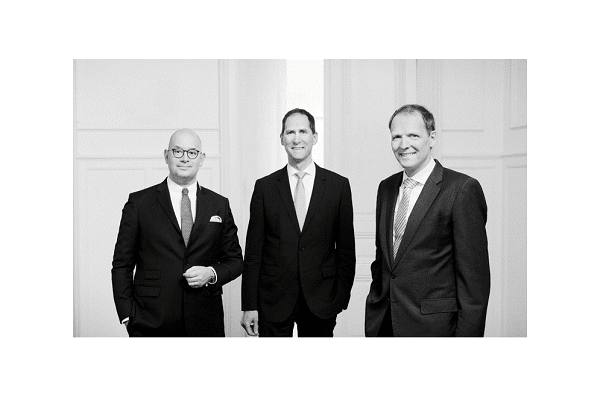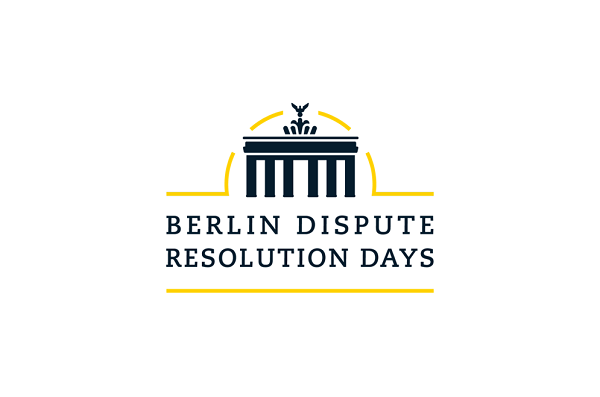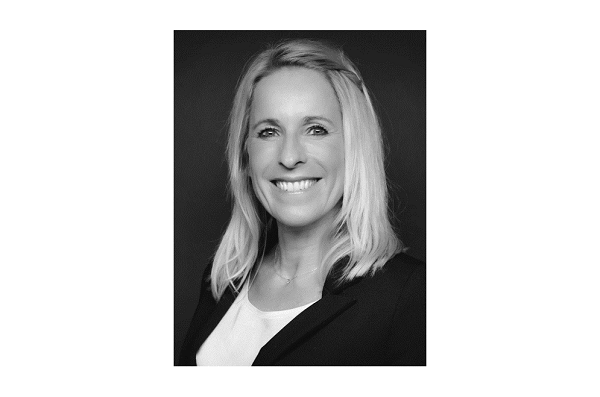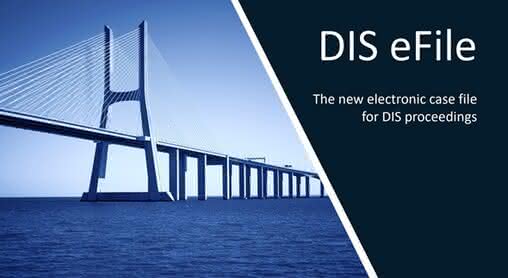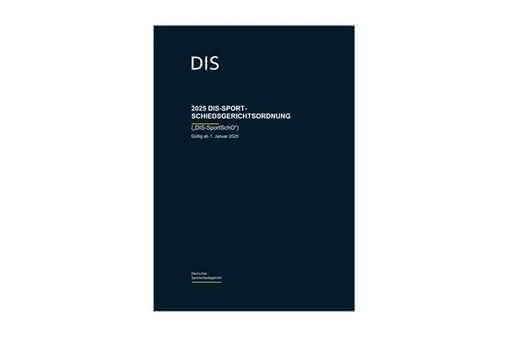The roots of the German Arbitration Institute can be traced back to the year 1920, when the German Arbitration Committee (DAS) was established in Berlin. In its present form, the DIS is the result of a merger between the DAS and the German Arbitration Institute (DIS) in 1992. The DIS assumed the main tasks of its predecessors.
Since 2008, the DIS has hosted the German Court of Arbitration for Sport. The idea of establishing an independent arbitration court for sports-related matters was a joint initiative of the National Anti Doping Agency Germany (NADA) and the DIS.
Today, with more than 100 years of experience, the DIS is the leading institution on arbitration and alternative dispute resolution in relation to both national and international commercial disputes in Germany. It offers recognized rules for arbitration and many other types of alternative dispute resolution.
